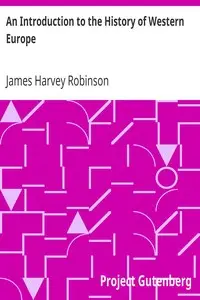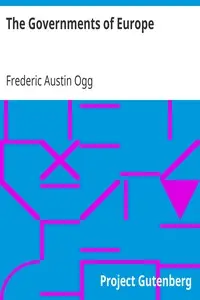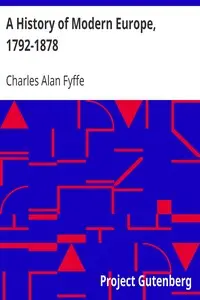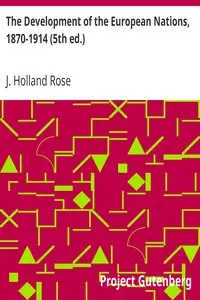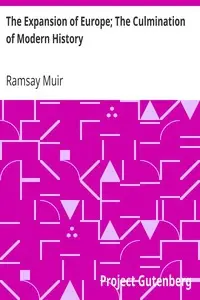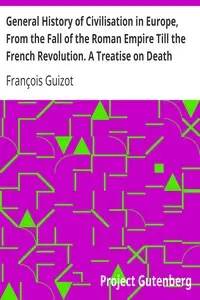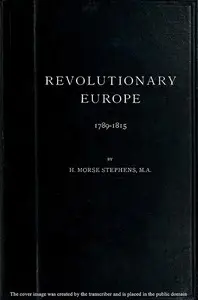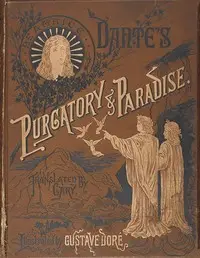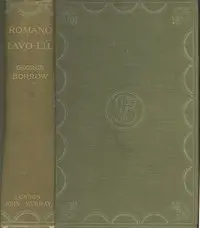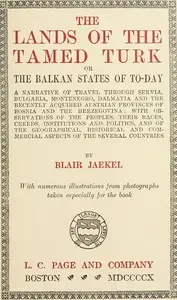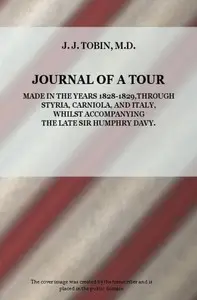"A Political and Social History of Modern Europe V.1." by Carlton J. H. Hayes, offers a detailed look at Europe's evolution from 1500 to 1815, covering the big changes in politics, society, and the economy that shaped the continent forever. Written as a textbook for college students, the book digs into major events while also explaining the changes that set the stage for modern Europe's political scene. Beginning with an introduction that discusses the book's purpose, it highlights the importance of the middle class and the Commercial Revolution to understanding how society grew. The book kicks off by explaining the important political and social systems of the time, such as how strong national kingdoms popped up in England, France, Spain and Portugal. It also looks at the complicated Holy Roman Empire and the important city-states in Italy, laying the foundation for a deeper look at the different reasons and factors that changed Europe.
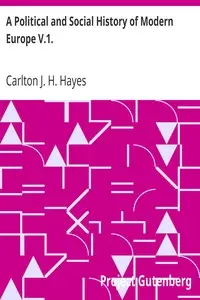
A Political and Social History of Modern Europe V.1.
By Carlton J. H. (Carlton Joseph Huntley) Hayes
Witness the transformation of a continent as kingdoms rise and fall, social structures evolve, and economic revolutions ignite a new era.
Summary
About the AuthorCarlton Joseph Huntley Hayes was an American historian, educator, diplomat, devout Catholic and academic. A student of European history, he was a leading and pioneering specialist on the study of nationalism. He was elected as president of the American Historical Association over the opposition of liberals and the more explicit Anti-Catholic bias that defined the academic community of his era. He served as United States Ambassador to Spain in World War II. Although he came under attack from the CIO and others on the left that rejected any dealings with Francoist Spain, Hayes succeeded in his mission to keep Spain neutral during the war.
Carlton Joseph Huntley Hayes was an American historian, educator, diplomat, devout Catholic and academic. A student of European history, he was a leading and pioneering specialist on the study of nationalism. He was elected as president of the American Historical Association over the opposition of liberals and the more explicit Anti-Catholic bias that defined the academic community of his era. He served as United States Ambassador to Spain in World War II. Although he came under attack from the CIO and others on the left that rejected any dealings with Francoist Spain, Hayes succeeded in his mission to keep Spain neutral during the war.

